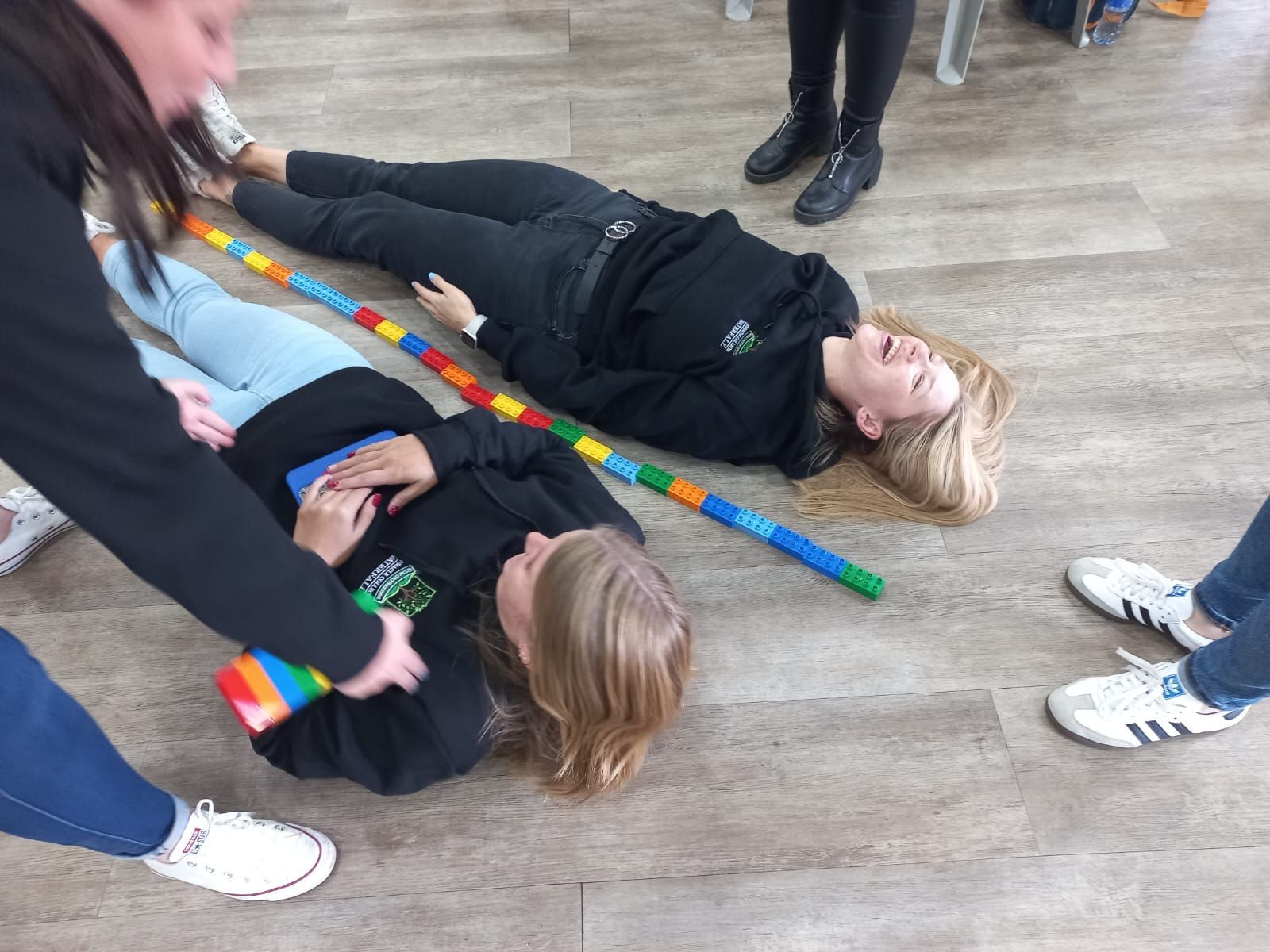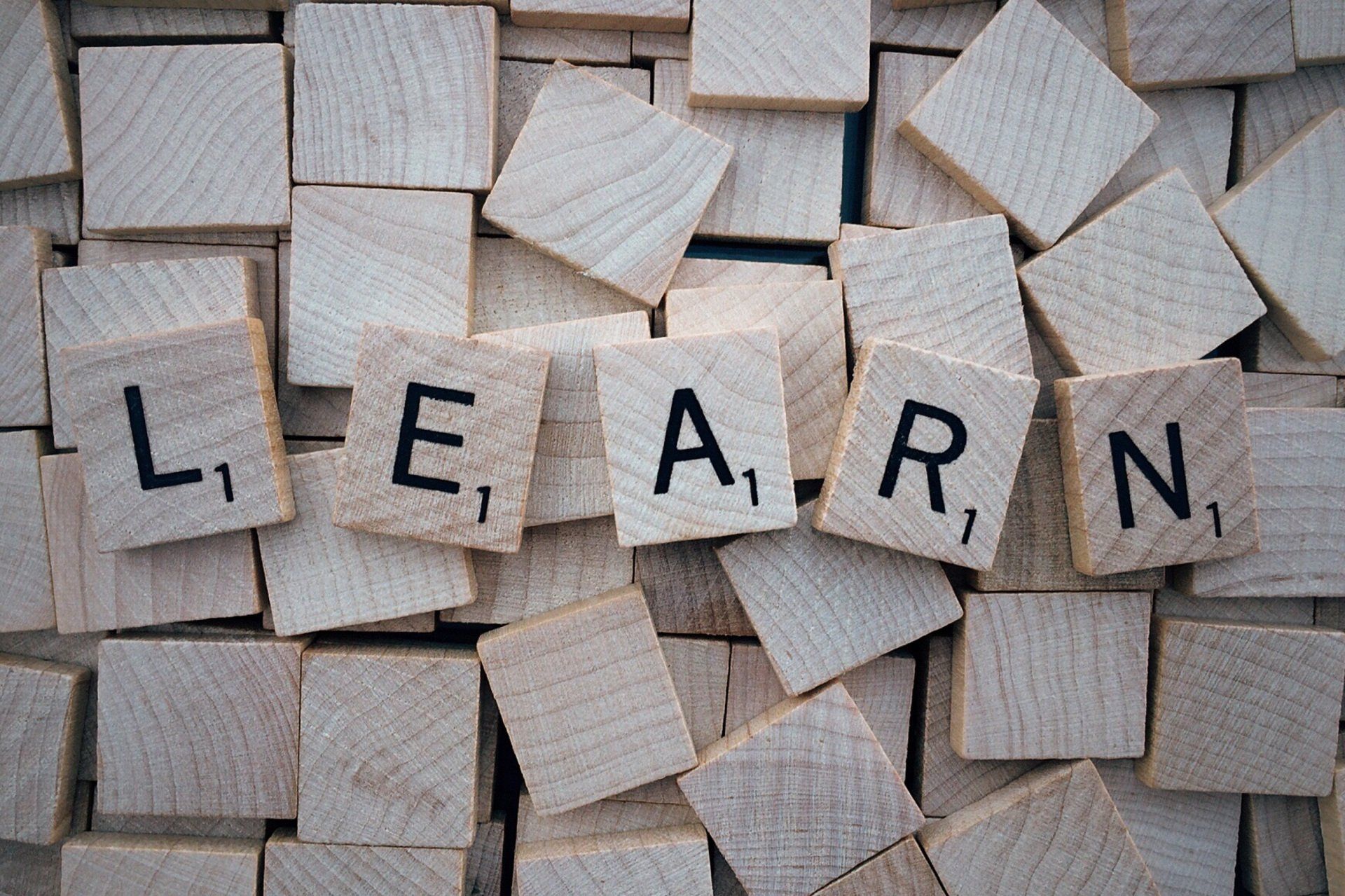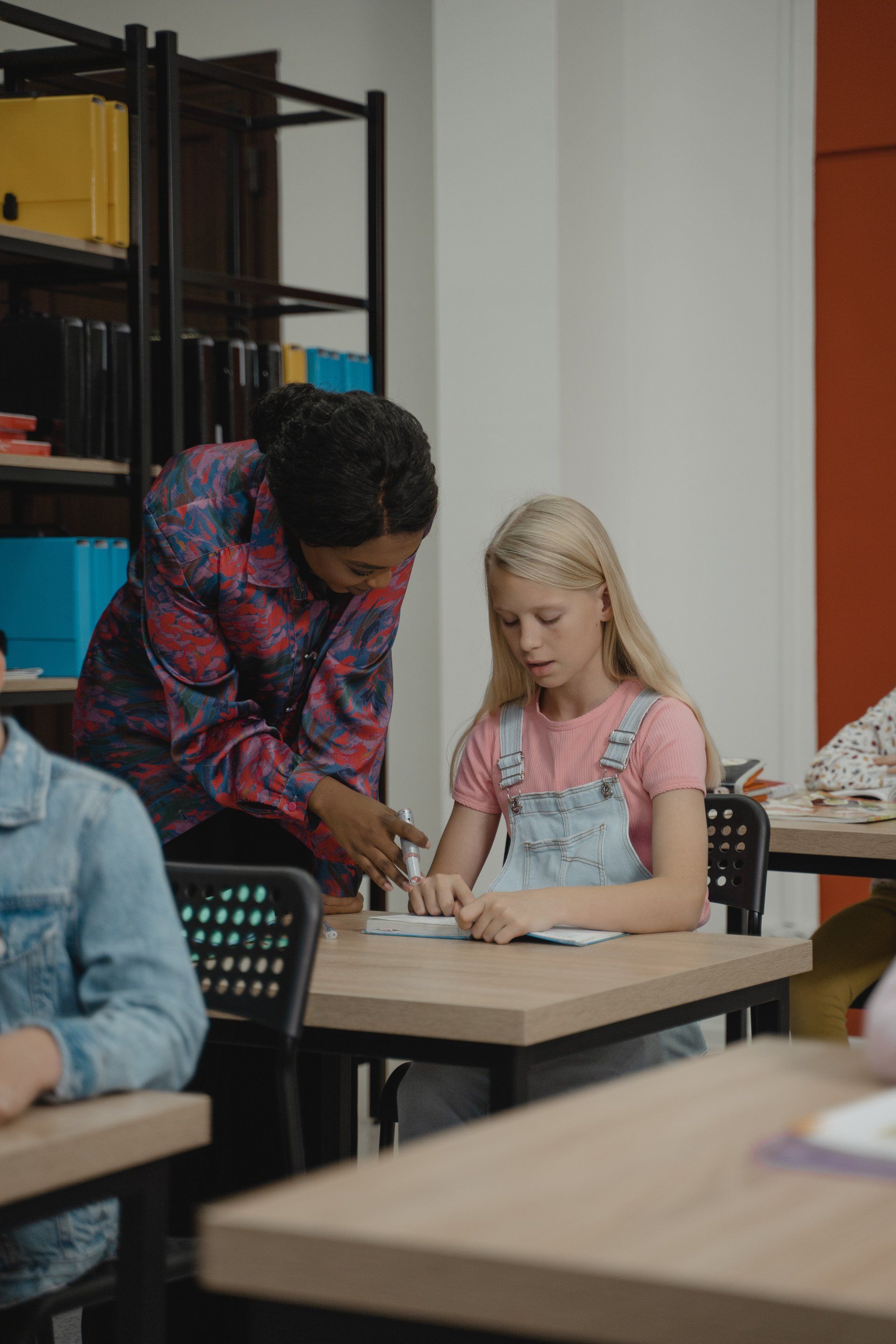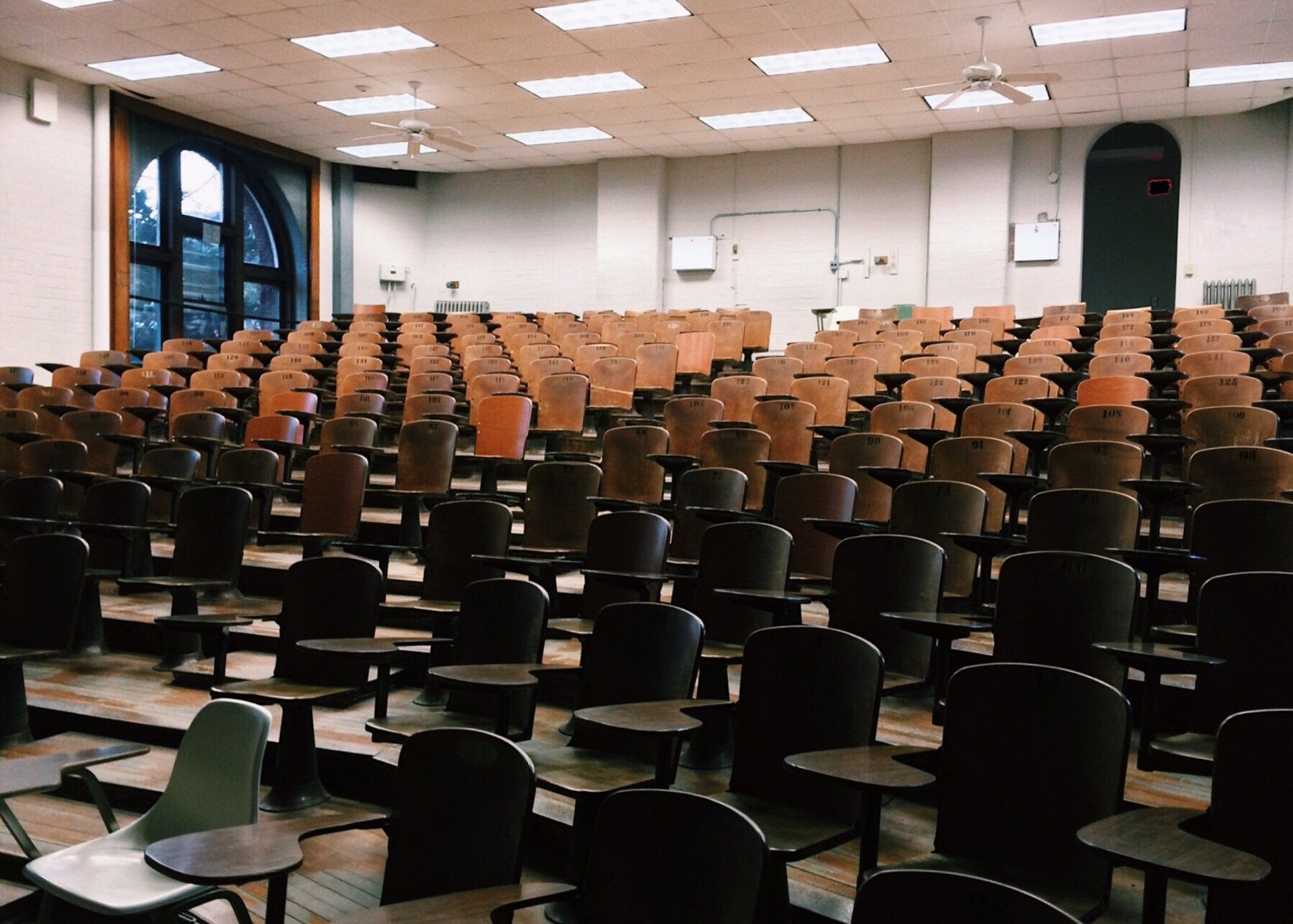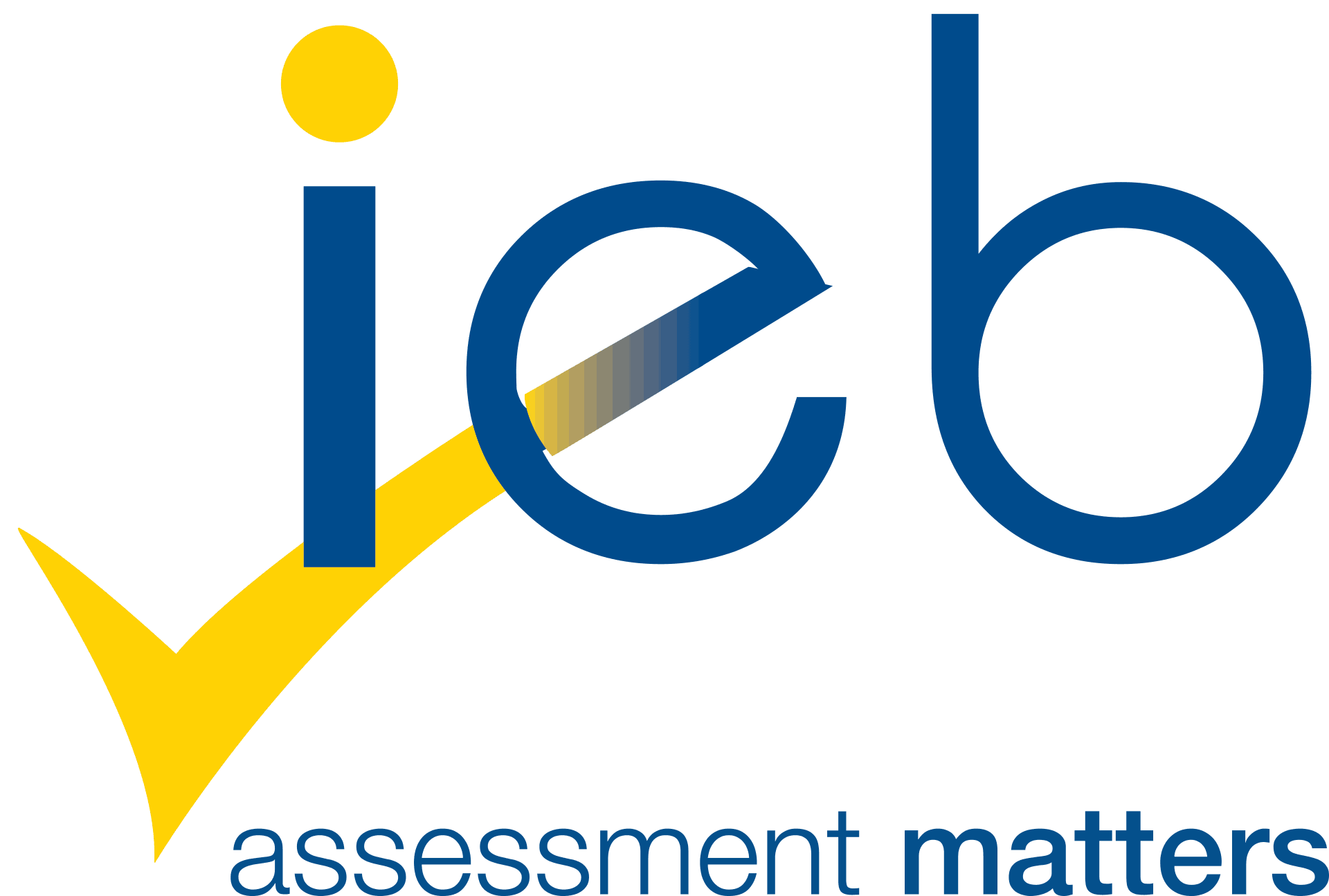The Importance of music and movement in the development of the young child
When the young child’s development is considered, music and movement can be seen as inseparable entities.
Music teachers, parents and child care providers have known intuitively for generations that music benefits children. Even a foetus in the womb shows measurable response to music stimulation. From the fifth month of pregnancy the foetus starts reacting to sound. Babies between four and six months old will move up and down when hearing music. It is the rhythmic sounds urging them to move, although their movement is not yet rhythmic at all. (Le Roux and Schoeman; 2005)
The importance of music and movement with relation to physical development.
According to Nancy Carlsson-Paige, a professor emerita of early childhood education at Lesley University and the Author of Taking back childhood, “If you walk into a good kindergarten (Pre-School) class, everyone is moving. The teacher is moving. There are structured activities, but generally it is about purposeful movements”.
From birth physical movement and interaction are vital, and all cultures emphasise the importance of close contact between the baby and the caring adult. Movement activities such as bathing, feeding, and baby movements (gently moving baby’s limbs up and down, cross laterally and lightly massaging the infant) are beneficial for growth and development.
Movement remains an important part of a Pre-schoolers progress. Through integration of music and movement, numerous developmental skills are acquired; laterality, midline-crossing, position in space, just to name a few. Music coupled with movement, aids in the development of the physical self. Children improve their co-ordination, which assists in muscular development. They begin to understand what they can do with their bodies as they run, balance, stretch, crawl and skip.
How music and movement impact on young child’s Social and Emotional development
Children respond positively to music. Music connects children who may not have previously realised that they have anything in common. Sharing a love for certain types of music helps provide children with a framework within which they can socialize, and express themselves emotionally.
When participating in music and movement activities, children gain confidence in their interpersonal relationships, this in turn improves their self-assurance when making friends.
Different emotions are experienced and imitated through music. Children learn how certain emotions feel and sound by listening to different types of music. Music helps children develop their emotional intelligence. Music thus works as a vehicle by which children can get in touch with not only their own feelings but the feelings of those around them as well ("Music Develops Children’s Social And Emotional Skills").
How music and movement develop the creativity and imagination of the young child
Creative thinkers have become a necessity in the 21st century with a rapidly changing society and the development of technology. The following link: ( https://www.youtube.com/watch?v=Kq65aAYCHOw
) demonstrates the problems which may arise in the future due to a lack of creative thinking.
In Rae Pica’s article Unlocking Children's Creativity through Movement and Music, she states the following (Pica, R. "Earlychildhood NEWS):
Keys to Unlocking Creativity through movement
- Remember that creativity is a developmental process; two-year-olds do not express creativity in the same ways five-year-olds do.
- Value process over product. The exploration is more important than the response.
- Allow children to make mistakes. Einstein once said that a person who never made a mistake never tried anything new.
- Believe all children are creative. Your expectations make a difference!
Problem solving skills are enriched through music and movement if appropriate facilitation takes place. By encouraging learners to move in a certain way or inviting them to find a new way to move, allows them to creatively and independently solve problems.
In closing music and movement deal with the development of the holistic child. From an Educators point of view, incorporating music and movement in lessons in the Pre-Primary classroom.





